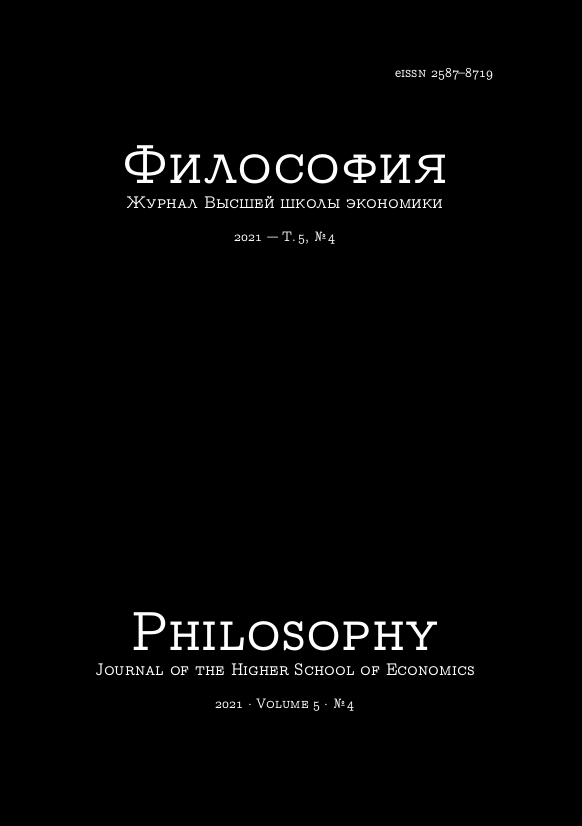Post-Normal Science
Passing the Scylla of Uncertainty and the Charybdis of the Politicization of Knowledge
Abstract
The goal of the article to assess and comprehend the legitimacy, advantages, and disadvantages of the idea of “post-normal” and “citizen science”, the problem of treating science as a political actor, as well as the potential “democratization” of contemporary science. The nature and epistemological status of “post-normal” and “citizen” science, their place, and potential role in political decision-making in situations of significant uncertainty of the future (which is especially characteristic of ecology) discussed. We are prone to emphasize the importance of the traditional criteria of rationality, dominant among scientists working under the milieu of the norms and principles of “normal” science. Despite the transdisciplinary nature of the problems and the format of decision-making that are at the core of post-normal science. Nevertheless, the political subjectivity of modern science far from being full-fledged. Science does not participate in politics in an independent actor acting on the same plane and on a par with other political actors (parties or other political structures). The acquisition by the science of the status of a political subject or the loss of such largely depends on the nature of the political climate of the society. Political subjectivity is an imitative political atmosphere that cannot be the immediate goal and value of science. Aspiration for political subjectivity as a norm for post-normal science implies a radical change in its “self-consciousness”, socio-cultural status, and thus, increasing its political weight. However, this aspiration has any reasonable theoretical and practical sense only as an integral part of the movement towards true civil society and democracy.
Downloads
Copyright (c) 2021 Philosophy. Journal of the Higher School of Economics

This work is licensed under a Creative Commons Attribution-NonCommercial 4.0 International License.






